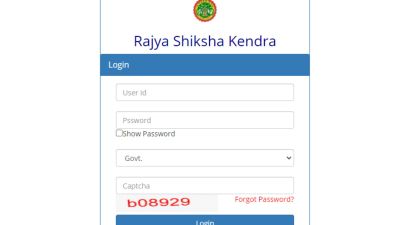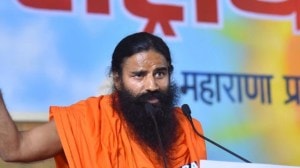- India
- International
Delhi: Court rejects suit seeking restoration of Hindu, Jain deities inside Qutub complex
The suit, filed on behalf of Hindu deity Lord Vishnu, Jain deity Tirthankar Lord Rishabh Dev and others, sought restoration of 27 Hindu and Jain temples “dismantled, desecrated and damaged under the command and orders of Qutub-ud-din-Aibak”.
 During the hearing, the plaintiffs argued that “the right to worship has been bestowed under Article 25 and 26 as a fundamental right”, which the court held was “devoid of merits”.
During the hearing, the plaintiffs argued that “the right to worship has been bestowed under Article 25 and 26 as a fundamental right”, which the court held was “devoid of merits”.Rejecting a civil suit seeking restoration of Hindu and Jain deities inside Quwwat Ul-Islam mosque located at the Qutub Minar complex in Mehrauli, a Delhi court observed that wrongs may have been committed in the past, “but such wrongs cannot be the basis for disturbing peace of our present and future”.
Civil Judge (South) Neha Sharma at Saket court dismissed the plaint and observed: “India had a culturally rich history. It has been ruled over by numerous dynasties. During arguments, the counsel for plaintiff has vehemently argued on the point of national shame. However, nobody has denied that wrongs were committed in the past, but such wrongs cannot be the basis for disturbing peace of our present and future.”
The suit, filed on behalf of Hindu deity Lord Vishnu, Jain deity Tirthankar Lord Rishabh Dev and others, sought restoration of 27 Hindu and Jain temples “dismantled, desecrated and damaged under the command and orders of Qutub-ud-din-Aibak”.
During the hearing, the plaintiffs argued that “the right to worship has been bestowed under Article 25 and 26 as a fundamental right”, which the court held was “devoid of merits”. The court held that “fundamental rights enshrined under Article 25 and 26 of the Constitution are not absolute in nature”. It further said, “It is an admitted fact that the suit property is a mosque built over temples and is not being used for any religious purpose, no prayers/namaz is being offered in the suit property.”
It held that the “plaintiffs do not have an absolute right to restoration and worship in the suit property as public order, which is an exception to Article 25 and 26, requires that status quo be maintained and protected monuments be used for no religious purpose”.

The court also discussed the provisions under the Places of Worship Act, 1991 to state that the purpose of the act was to “maintain the secular character of this nation”.
“Our country has a rich history and has seen challenging times. Nevertheless, history has to be accepted as a whole. Can the good be retained and bad be deleted from our history? Thus, harmonious interpretation of both the statutes is required to give full force to the objective behind the Places of Worship Act, 1991,” the court said.
It further said that “such ancient and historical monuments cannot be used for some purpose which runs counter to its nature as a religious place of worship, but it can always be used for some other purpose which is not inconsistent with its religious character”.
“Hence, in my considered opinion, once a monument has been declared to be a protected monument and is owned by the government, then the plaintiffs cannot insist that the place of worship must actually and actively be used for religious services,” the court said.
Borrowing a portion of the Supreme Court’s Ayodhya judgment, the court said, “Cognizant as we are of our history and of the need for the nation to confront it, Independence was a watershed moment to heal the wounds of the past. Historical wrongs cannot be remedied by the people taking the law in their own hands.”
Must Read
Apr 23: Latest News
- 01
- 02
- 03
- 04
- 05


































